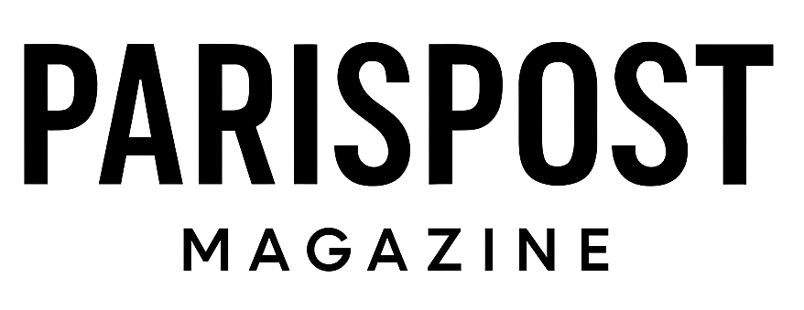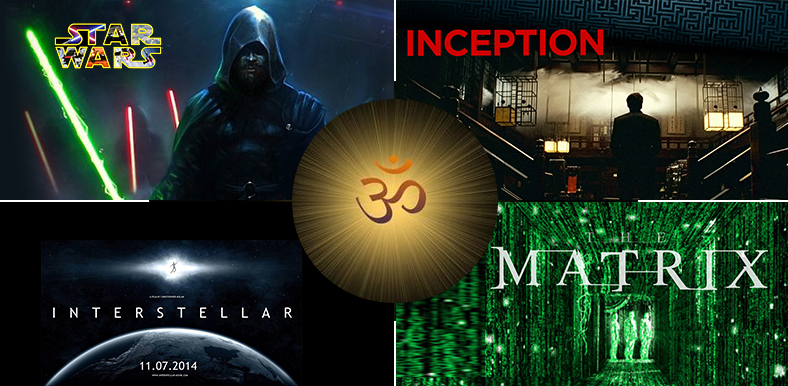In fact, despite a revived belief in the world, I have never completely freed myself from the impression that "life" is a fragment of existence, which takes place in a three-dimensional world system reserved for this purpose.
(Carl Gustav Jung: "Memories, Dreams, Reflections," 1961)
What Happened in 1961? A Year of Transformation?
What happened in 1961—can you still remember? I know I was born in that year, but beyond that? I looked it up on the internet. Here are the most important facts: First, my birth. Then, the erection of the Berlin Wall. There was also the failed Bay of Pigs invasion in Cuba. And, of course, the launch of the first man into space—Yuri Gagarin of Russia. Quite a number of important events, in my opinion. But it was also the year Carl Gustav Jung died.
Carl Gustav Jung—the man who, together with Sigmund Freud, gave us deeper content and meaning as human beings, at least in my eyes. He, along with a few others, taught us to look at ourselves and others differently.
The Subconscious Mind: A Deeper Reality or Parallel World?
Jung, a great admirer of Friedrich Nietzsche—who, like him, taught and studied at the University of Basel—also followed the ideas of Arthur Schopenhauer, Immanuel Kant, Fyodor Dostoevsky, and the aforementioned Freud. These were people who believed there was far more to our inner lives than mankind yet understood.
In his autobiography, Jung wrote: "I have never completely freed myself from the impression that 'life' is a fragment of existence, which takes place in a three-dimensional world system reserved for this purpose."
Never freed from which three-dimensional world? What exactly was Jung talking about?
Are Movies Like The Matrix, Avatar, and Star Wars Glimpses of Other Worlds?
Was Carl Gustav talking about Anima or Animus here? Was he referring to visions or events he considered equal to reality? We will never know for sure, but we can guess. What is certain is that much of modern psychiatry is still rooted in Jung’s thoughts.
Is life a dream, or is it reality? How accurate was the cinema hit The Matrix (1999)? Do you ever recognize moments in your life that you feel you’ve seen before—only to live them later? Could it be that we glimpse our destiny in fragments, scattered across time?
Nietzsche, Jung & the Cost of Looking Too Deep Within
Do you remember the old neighbor from childhood with rheumatism, who could barely move? And now, the same thing happens to you? Did you ever sense an accident moments before it occurred? Or take an action everyone warned against, only to find out they were right?
Do we live in the present—or in a dream? Are films like Avatar (2009), The Lord of the Rings (2001), Star Wars (1977), or The Matrix (1999) visions of worlds we actually inhabit? Can cinema reveal our other realities? Are dreams not illusions, but everyday truths? Is the movie screen simply the grown-up version of the viewfinder toys we cherished as children?
Do We Live in the Past, Present, or a Loop of Visualized Realities?
Did Jung already realize, in 1961, that our “reality” comes to us in different layers? He could explain his dreams and visions and anchor them in reality. Like Nietzsche, he could move between worlds—each real to him in its own way.
Jung unmasked Freud, exposing flaws in his claims and skills. But were Nietzsche, Jung, Schopenhauer, and Kant simply thinkers of their time—or would we call them paranormal today? Are we all “paranormal” in reality, without realizing it? Is our subconscious actually more conscious than we dare to believe?
Do We Live in the Past, Present, or a Loop of Projected Realities?
Nietzsche could no longer save himself once he had turned entirely inward. He could not return to our reality and took his own life. Jung, however, kept leaping back and forth between his many worlds.
According to Jung, to be insane is: “To withdraw into your own subconscious.” Fear the present? Retreat into your Archetype.
But then—are our ancestors, who supposedly lived millennia ago, real at all? Or do they exist only in our minds? Is there a future, or are we constantly gazing at a visualization projected for us? Do we truly “die,” or merely step onto the set of another film?
Who are we—and where are we? Is it not strange to assume we are alone in this cinema (planet), while others are not allowed to watch? When does the next film begin, the one that reveals more about our new thoughts?











